AI-Based Locomotive Syndrome Detection Device
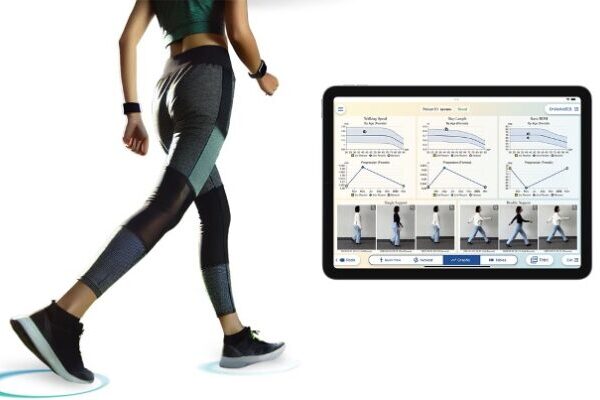
The concept of locomotive syndrome (LS) refers to reduced mobility due to impairment of the musculoskeletal system, which is a major contributor to the need for long-term care. A group of medical and technology researchers has developed a gait analysis device that uses AI to assess LS quickly and simply by just having older people walk a few meters in front of a camera.
Project to Prevent Frailty, Locomotive Syndrome, and Dementia
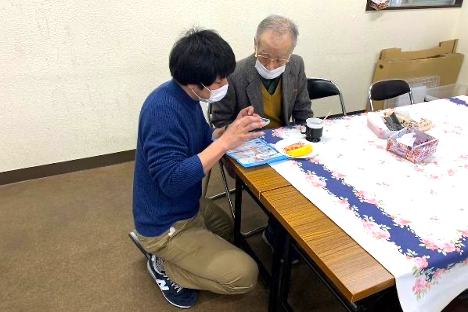
Launched in 2017 as an industry-government-academia project, this initiative offers activities that contribute to the extension of healthy life expectancy among residents of Kaizuka City, focusing on health checks, exercise classes, and volunteer training projects.
Connecting Education and Welfare through TANO
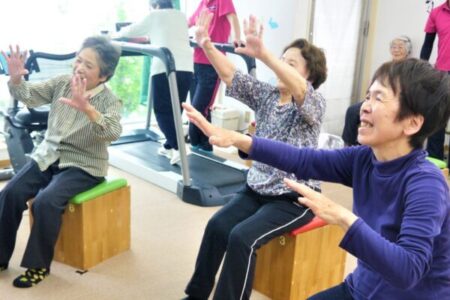
TANO is a non-contact gamification system that promotes movement and social engagement for health promotion and rehabilitation for older people. It is being used in care facilities in Japan and overseas. The initiative seeks to connect education and welfare, promote society-wide cooperation through industry-government-academia partnerships, and create an environment in which children and students can develop an awareness of social issues from an early stage.
NCGG Home Exercise Program for Older People

In response to COVID, a multidisciplinary team of physicians, therapists, and dieticians created an evidence-based Home Exercise Program for Older People (HEPOP), which was published one month later as a booklet and online, offering a menu of exercises and activities that can be easily practiced at home. It was integrated into the Ministry of Health’s Online Kayoinoba (gathering place) app.
Micro-Jobs Program for Older People

The Micro-Jobs Program lets healthy, active seniors assist frailer peers in their neighborhood through tasks such as meal delivery, medication reminders, or accompanying people to doctor’s appointments. The tasks are “bite-size,” so there is a low barrier to entry. Participants are trained and receive a modest allowance in return for the tasks. More importantly, they feel a sense of purpose and engagement with their community.
CARE-Net—A Smart Integrated Care Approach to Reach Older People in a Depopulated Area
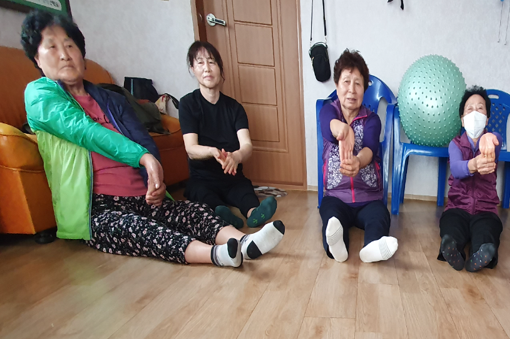
CARE-Net is a digital platform that assists underserved rural communities by connecting health, welfare, long-term care, and medical care. By allowing inter-agency data-sharing and communication, experts can quickly identify a person’s needs and consult with others to resolve them. Village care managers (trained citizen health leaders) in each village help their neighbors navigate the system and advocate on their behalf.
Health Promotion for Elderly in Northeastern Thailand Using Japan’s Self-Sustained Movement (SSM) Program
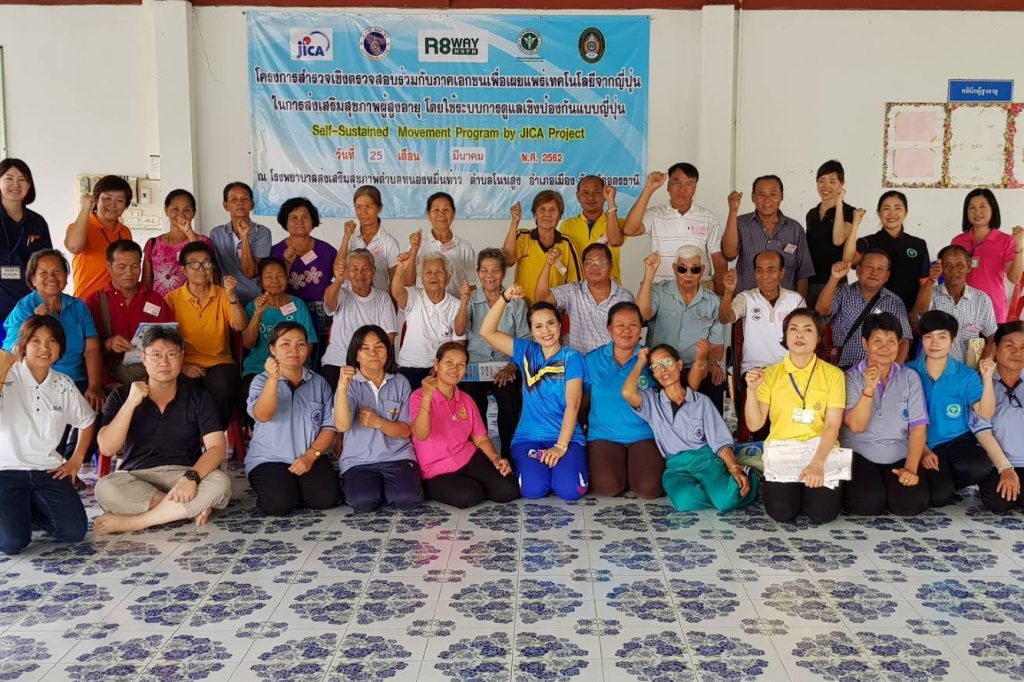
Hatachi Industry has worked in close collaboration with Thai partners to transfer their know-how for a preventative care system that can meet the needs of older Thai people. The program has been particularly effective at identifying and supporting frail older people who may soon require nursing care.

